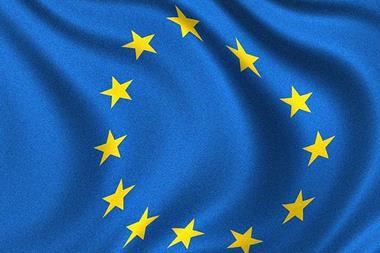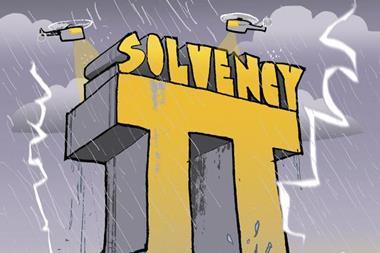Proposed measures should help fight against abusive tax practices by companies that try to escape paying a fair share of taxes

The EU today presented its Tax Transparency Package (TTP) to tackle corporate tax avoidance and harmful tax competition. A key element of the TTP is a proposal to introduce the automatic exchange of information between member states on their tax rulings.
The EU feels that boosting transparency and co-operation is vital in the battle against aggressive tax planning and abusive tax practices, as corporate tax avoidance is thought to deprive public budgets of billions of euros per year.
Transparency on tax rulings
The central component of the TTP is a legislative proposal to improve co-operation between member states in terms on their cross-border tax rulings and it aims to mark the start of a new era of transparency.
Currently, member states share little information with one another about their tax rulings and can decide whether a tax ruling might be relevant to another EU country. As a result, they are often unaware of cross-border tax rulings issued elsewhere in the EU that may affect their own tax bases. The lack of transparency on tax rulings is being exploited by certain companies to artificially reduce their tax contribution.
To redress this situation, the European Commission proposes to remove this margin for discretion and interpretation. Member states will now be required to automatically exchange information on their tax rulings. It proposes to set a strict timeline: every three months, national tax authorities will have to send a short report to all other member states on all cross-border tax rulings that they have issued. Member states will then be able to ask for more detailed information on a particular ruling.
The automatic exchange of information on tax rulings will mean that certain abusive tax practices by companies will be easier to detect. Moreover, this should also encourage healthier tax competition, as tax authorities will be less likely to offer selective tax treatment to companies once this is open to scrutiny by their peers.
Other tax transparency initiatives
The TPP also outlines a number of other initiatives to advance the tax transparency. These are:
- assessing possible new transparency requirements for multinationals;
- reviewing the Code of Conduct on Business Taxation;
- quantifying the scale of tax evasion and avoidance;
- repealing the Savings Tax Directive.
Next steps
The two legislative proposals of this package will be submitted to the European Parliament for consultation and to the Council for adoption. Member states should agree on the tax rulings proposal by the end of 2015, so that it can enter into force on 1 January 2016.




















No comments yet